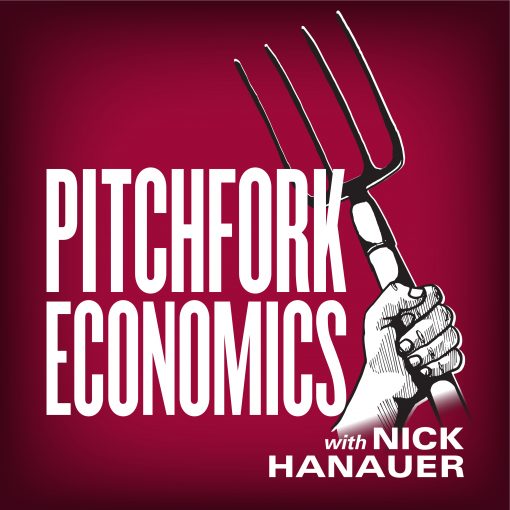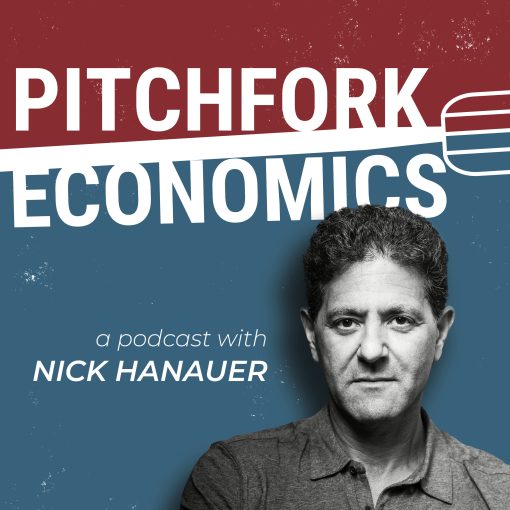One of the central theories of classical economics is that markets respond quickly and efficiently to changes in demand. But the pandemic clearly demonstrates that the markets aren’t the efficient adapters that classic economists believe them to be. Nobel laureate economist Joseph Stiglitz explains why the tendency to believe in the market is one of the most deeply rooted trickle-down myths, and why government intervention is the best way forward through this economic downturn.
Joseph Stiglitz is a Nobel laureate economist and a professor at Columbia University. He is also the co-chair of the High-Level Expert Group on the Measurement of Economic Performance and Social Progress at the OECD, and the Chief Economist of the Roosevelt Institute. In 2011, Stiglitz was named by Time magazine as one of the 100 most influential people in the world. Known for his pioneering work on asymmetric information, Stiglitz focuses on income distribution, risk, corporate governance, public policy, macroeconomics, and globalization. His most recent book, People, Power, and Profits, was just released in paperback.





